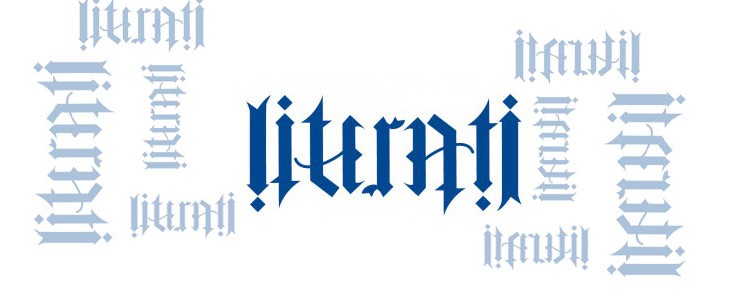Chimamanda Ngozi Adichie “Dear Ijeawele”
Dear Ijeawele, or a Feminist Manifesto in Fifteen Suggestions by Chimamanda Ngozi Adichie is a slim little book which developed out of a letter she wrote to her friend. It contains advice to Ijeawele on how to raise her daughter as a feminist. There are some fine pearls of wisdom such as “Teach Chizalum to read.” Or ” Teach her that the idea of ‘gender roles’ is absolute nonsense”. Chimamanda Adichie selects fifteen of the classic arguments associated with feminism that are bandied about which are primarily internalising patriarchal arguments. For instance, mixing up feminism and femininity, choice of dress being confused with morality, perceiving marriage as an achievement and using the language of ‘allowing’ which encapsulates the power equations, learning about gender-neutral roles instead of capitulating to definitions that are primarily patriarchal constructs, rejecting the idea of gender roles, appreciating to identify yourself as an individual who is composed of many parts to make the whole — motherhood is not the sole definition of a woman’s identity, talking about female sexuality and celebrating it rather than being ashamed of it, and finally not to be caught in biological arguments that ultimately constrict a woman’s movement and ambitions.
But, but, but…Dear Ijeawele reads too much like a primer for feminism. Agreed it is a good starting point for those who want to understand what feminism is about, the exercising of choice and all genders being equal. Adichie does warn against generalisations from one’s personal experience and does try and encompass various aspects of the feminist spectrum. Yet it is too simple and reductive. For instance it is all very well to stress on the independence of a woman and how to negotiate for her spaces in the world but how can she do it if she does not have financial independence? Adichie touches upon it but specifically within the context of Igbo culture being materialistic so “while money is important — because money means self-reliance — you must not value people based on who has money and who does not”. Whereas this is the crux of feminism and a woman’s identity for economics is the basis of any relationship. Most cultures around the world are deeply embedded in patriarchal structures that essentially clip a woman’s financial means by domesticating her and reminding her of her primary responsibilities being towards the family and children. But if women are taught to be financially sound to earn their independence it will be the first step in “correcting” the social imbalances which exists today in relationships. Otherwise all the good advice which a commercially successful author such as Adichie gives on feminism will sound hollow. ( Brittle Paper, 27  March 2017 “As Sales Approach the Million Mark, Is Americanah Now Adichie’s Signature Novel?” . Also see “New Yorkers just selected a book for the entire city to read in America’s biggest book club“, a “One Book One New York” programme started by NYPL. )
March 2017 “As Sales Approach the Million Mark, Is Americanah Now Adichie’s Signature Novel?” . Also see “New Yorkers just selected a book for the entire city to read in America’s biggest book club“, a “One Book One New York” programme started by NYPL. )
Ultimately feminism like any other ideological language has to be lived daily. The basic tenets can be taught and shared but it varies from individual to individual on how to practise it and thus bring about the social change is aims for. As for bringing up children and introducing them to feminism — the best way is by the parent/s being role models. Children learn best through action and not instructions.
Chimamanda Ngozi Adichie Dear Ijeawele, or a Feminist Manifesto in Fifteen Suggestions 4th Estate, an imprint of HarperCollins Publishers, London, 2017. Pb. pp. 68 Rs 250





